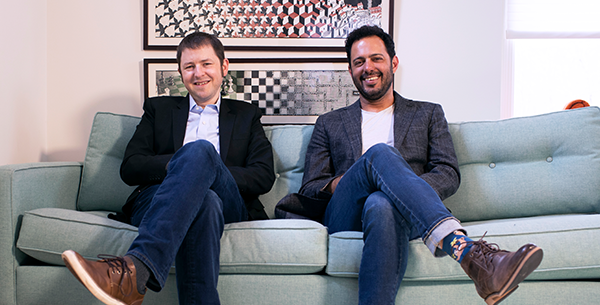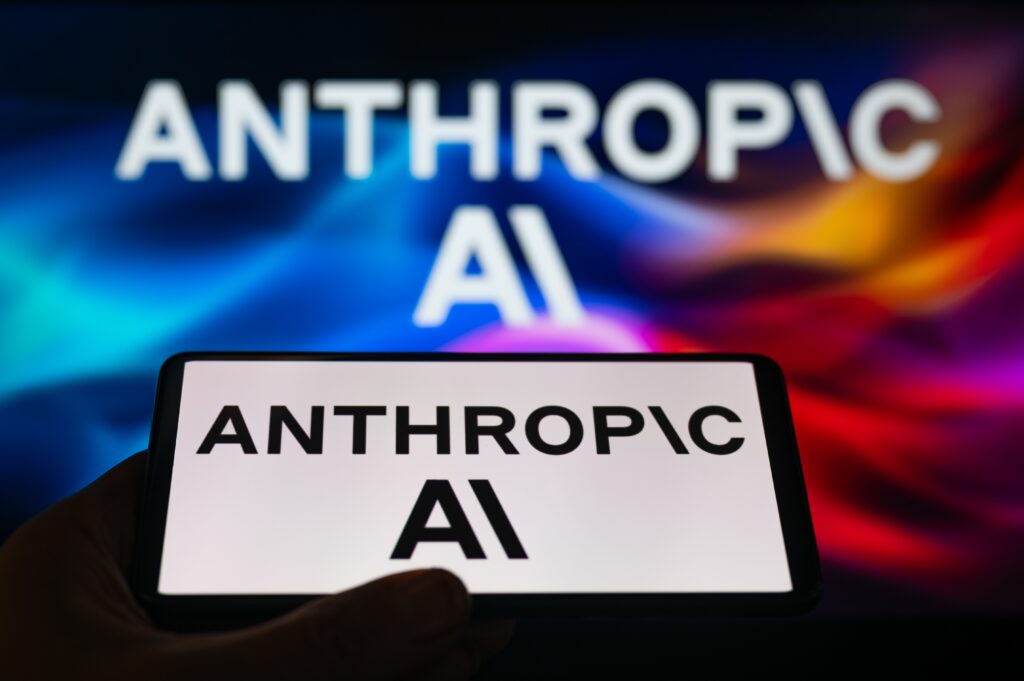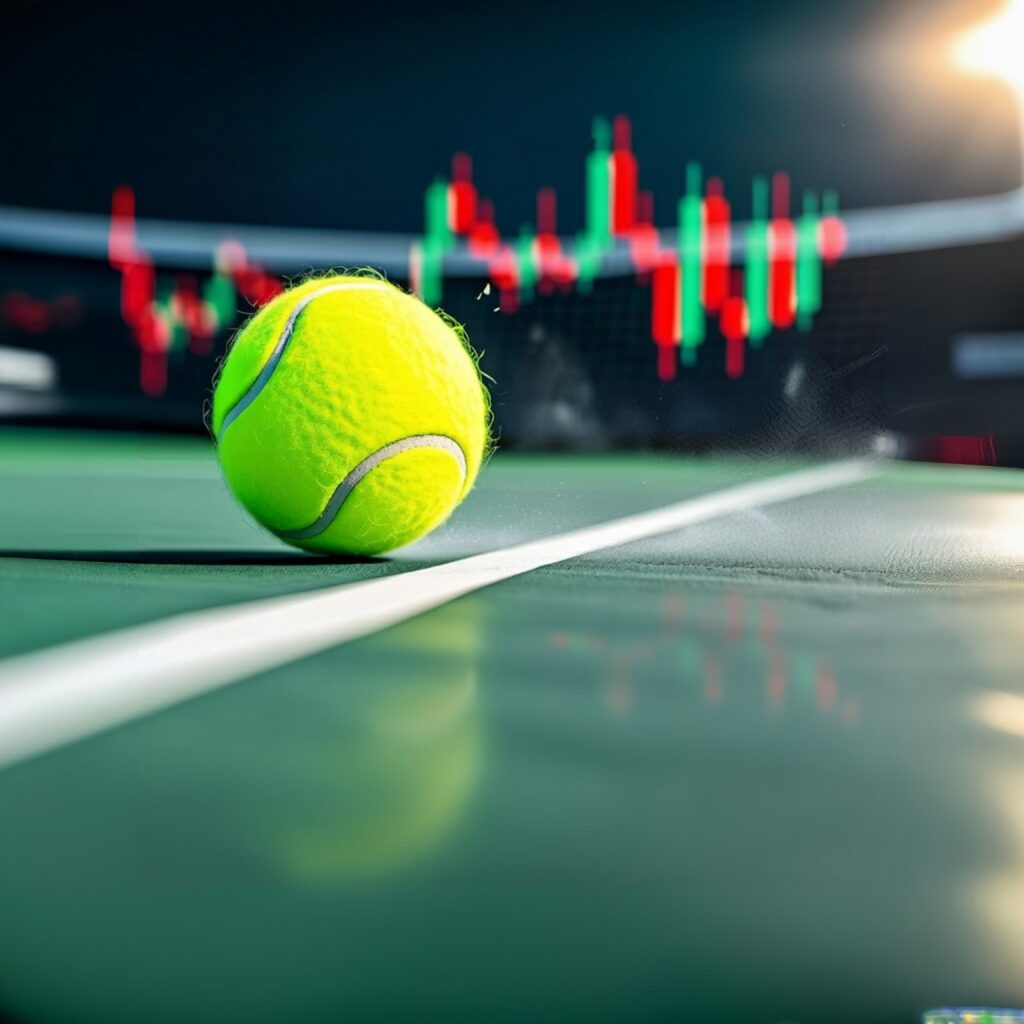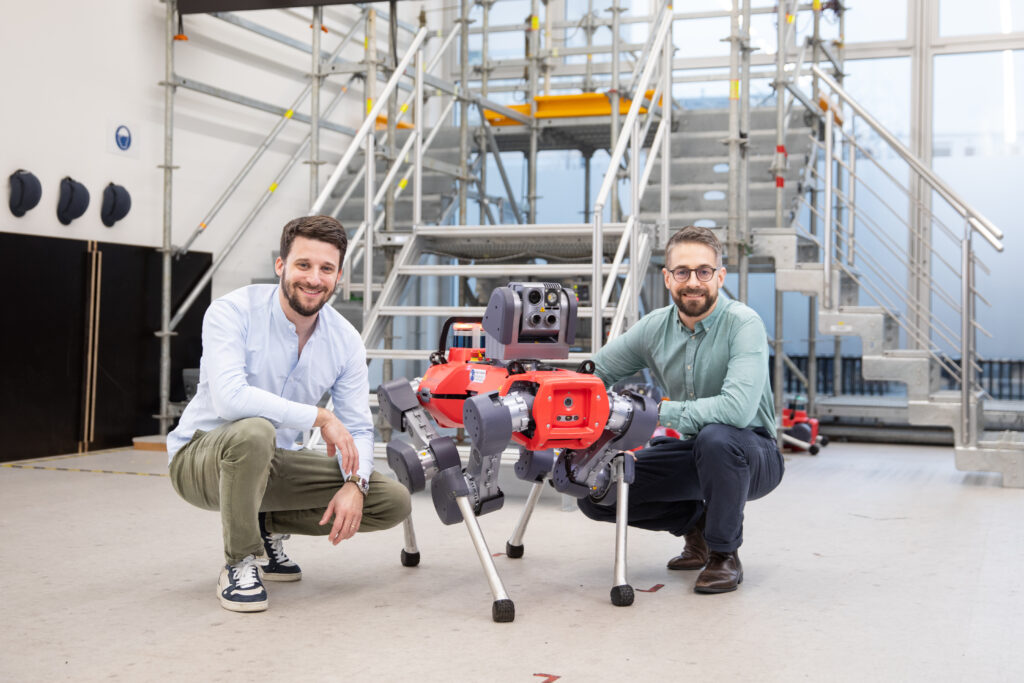
When Saar Yoskovitz was a kid, he ran a business fixing computer problems for grown-ups. As an engineering student, he worked on algorithms for speech recognition. And when he set out to build a company, he realized, together with his co-founder Gal Shaul, that you could adapt speech-recognition technologies to find patterns in the sounds made by industrial machines — and use that data to keep those machines from failing. That’s the insight behind Augury, the “machine health” startup that reached unicorn status with its latest investment round.
Augury helps major global manufactures keep their machines — the equipment that runs assembly lines and power stations, water pumps and cooling systems — up and running, ensuring all sorts of goods and services make their way into the supply chain and ultimately to consumers. The company offers a full-stack solution that puts sensors on industrial machines and uses proprietary AI diagnostics to predict when a machine might fail or why it’s malfunctioning. Thanks to Augury, manufacturers can work smarter, based on data, helping avoid outages or even downtime for preventative maintenance before it’s truly necessary.
Yoskovitz, now the company’s CEO, and Shaul, its CTO, met in their first semester at the Technion, Israel’s high-powered institute of technology, and they knew one day they’d start a company together. Today, their goal is to enable the world to always rely on the machines that matter.
We recently spoke to Yoskovitz about the value in listening to machines, how Augury is creating an entirely new category of business, and the future of supply chains as the world shifts from just-in-time to “just in case.”
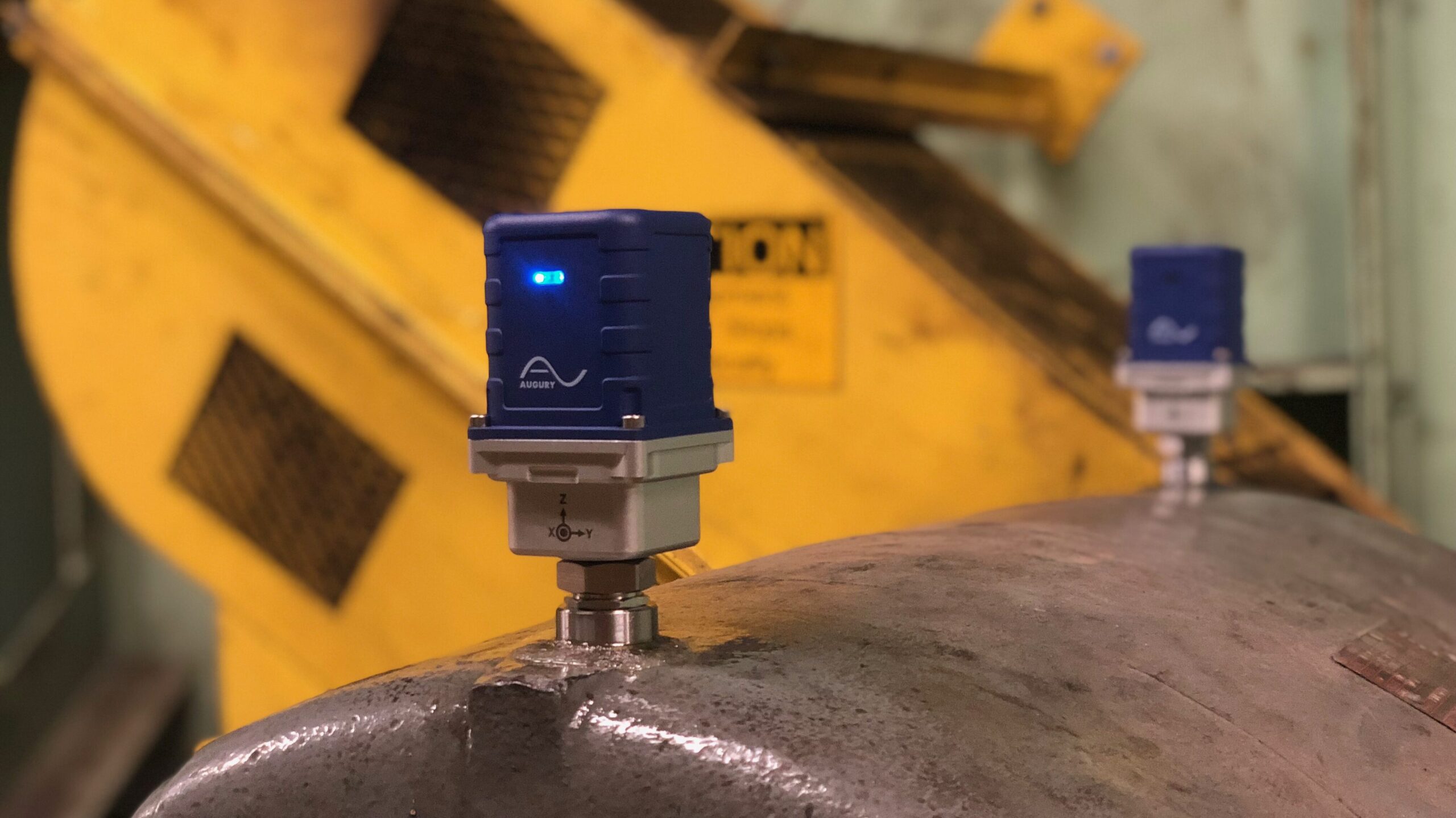
Tell us about Augury and the idea of “machine health.”
Our vision is to build a world where people can always rely on the machines that matter. At a basic level, we work with the largest manufacturers in the world — names like Hershey and Colgate — to make their production lines more reliable and more productive, so they can go and restock the shelves in your local supermarket or manufacture the vaccines that we need to re-open the economy, or make sure you have reliable electricity or running water.
The way we achieve that is pretty unique. We basically listen to the machine — listen to its physical sounds — and based on the noise we hear; we can tell you what’s wrong with them or what’s going to happen. We have a full-stack solution. First, we install our own hardware in the machine, which includes a vibration sensor, a temperature sensor, and a magnetic sensor that picks up the magnetic emissions of a motor. Then we manage the connectivity for the customer, and we run our proprietary, AI-based diagnostic on the data we collect.
And because we’ve diagnosed over 80,000 machines, and we’ve collected over 100 million hours of machine data, we’re able to build models for different types of machines. If you have a pump in your factory, we don’t need to build a specific model because we’ve seen 15,000 pumps before. We know what cavitation looks like, or misalignment, or whatever the issue could be. That makes it basically plug and play. You put in a sensor, we tell you what’s wrong. And that enables our customers to realize value very, very quickly.
Is that combination of technology and data what makes you unique in the marketplace?
When we look at our competitive advantage, it’s all about time to value. Most of the industry is stuck today in what’s called pilot purgatory, where pilot projects go to die. Most manufacturers and vendors are not good at proving value and then scaling it across a whole portfolio of factories. But we were able to crack the code. The key to unlocking it is having insanely fast time to value. And that’s because we have our own hardware, we standardized our data sets, and we pre-built models on that data. Within the first hour, we know what’s wrong with your machine.
Has that been the consistent vision for Augury, or have you evolved the vision over time?
It’s been the same since the beginning, ten years ago. Back then, we saw some trends. The first is what today we call the Internet of Things. There was an ability to connect, low-power computing, low-power connectivity, just starting to take off. There was also the whole AI revolution. Siri had just come out. We said, “If we can take those same algorithms for speech recognition and apply them to audio data from machines, maybe we can combine these two trends. And what would happen if we could do that?” Well, machines would stop failing. And that would have a big impact on manufacturing, on commercial facilities, and on society at large.
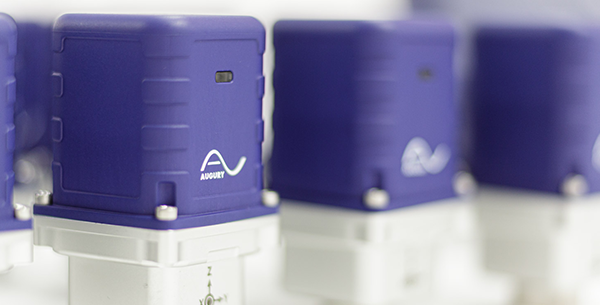
What brought you and your co-founder, Gal Shaul, together in this vision?
Gal and I met at the Technion university, which is kind of like the MIT of Israel. We met in the first semester and became very good friends. And we had five or six years to just talk about startups and ideas for companies. It became clear that we were going to start a company together someday.
At the time, I was studying engineering, focused on speech recognition. Our core algorithm comes from that, taking the audio wave and trying to find meaning inside of it — but instead of searching for words, we’re searching for patterns of malfunction. At the same time, Gal was working at a medical device startup as a software developer. And he had the experience that he would go on a service call to fix a suspect software problem, and he could immediately tell from the sound of the machine that the problem was something like a clogged filter.
So we combined both worlds and asked, “Can we build software to diagnose machines based on the noise that they make?” And then: “Let’s assume we can do that. What type of machines? Where do we want to start?” And then we started talking to people in factories, in car fleets, in overseas shipping, until we identified the market and found where to begin our journey.
Augury recently reached unicorn status, which seems to validate that journey.
Unicorn or not, this new investment round helps us achieve two things:
- Number one, we can invest in our market. We’re in category creation mode, so we need to do a lot of education. We’ll continue to grow in our market, continue to invest in innovation and continue to bring new offerings to the manufacturing world.
- But it also enables us to grow into new segments, and to me, this is an exciting part. Two very large companies are betting on Augury, Schneider Electric, and Baker Hughes, who are both investors in this round, and we’ll be the exclusive partner in bringing machine health to their market, which is the energy sector.
The way we looked at the company from the beginning is that we are building a digital machine health layer that sits on top of the physical world. And over time, every machine will be connected and monitored. We started in commercial facilities. We moved into manufacturing, we’re going from food and beverage to pharmaceuticals and plastics. Now we’re going into oil and gas. And we’re doing a research project on whether we can diagnose electrical transformers for power delivery.
Our question is, what’s next? What other types of machines, what other markets? Can we diagnose wind turbines, elevators, washing machines, and refrigerators? Our goal is to monitor everything with moving parts. And this is our first major step in that direction.
You’ve said your goal is to be in every machine on earth.
Right. And the partnerships give us access. Baker Hughes is the largest oil field services company, so they have access to Shell, Exxon, BP, and all the rest. It’s an opportunity for more category creation.
We’ve been preaching to the market that almost every company today has a strategy for digital transformation, and machine health should be a part of that. And now we have two industrial giants signing on. We’re building an ecosystem of market leaders that are choosing machine health to be the foundation of their digital transformation.
They’re joining the likes of Grundfos, which is the largest pump manufacturer in the world; Carrier, the largest air conditioning company in the world; and Qualcomm, which invested in us.
Qualcomm is a great investor because if the industrial market is the future of 5G, then machine health is that killer app.
In Part 2, we talk with Yoskovitz about the future of Augury and the role 5G will play, how the pandemic impacted supply chains and his advice for aspiring founders.
* All opinions expressed in this blog are solely from Saar Yoskovitz.

